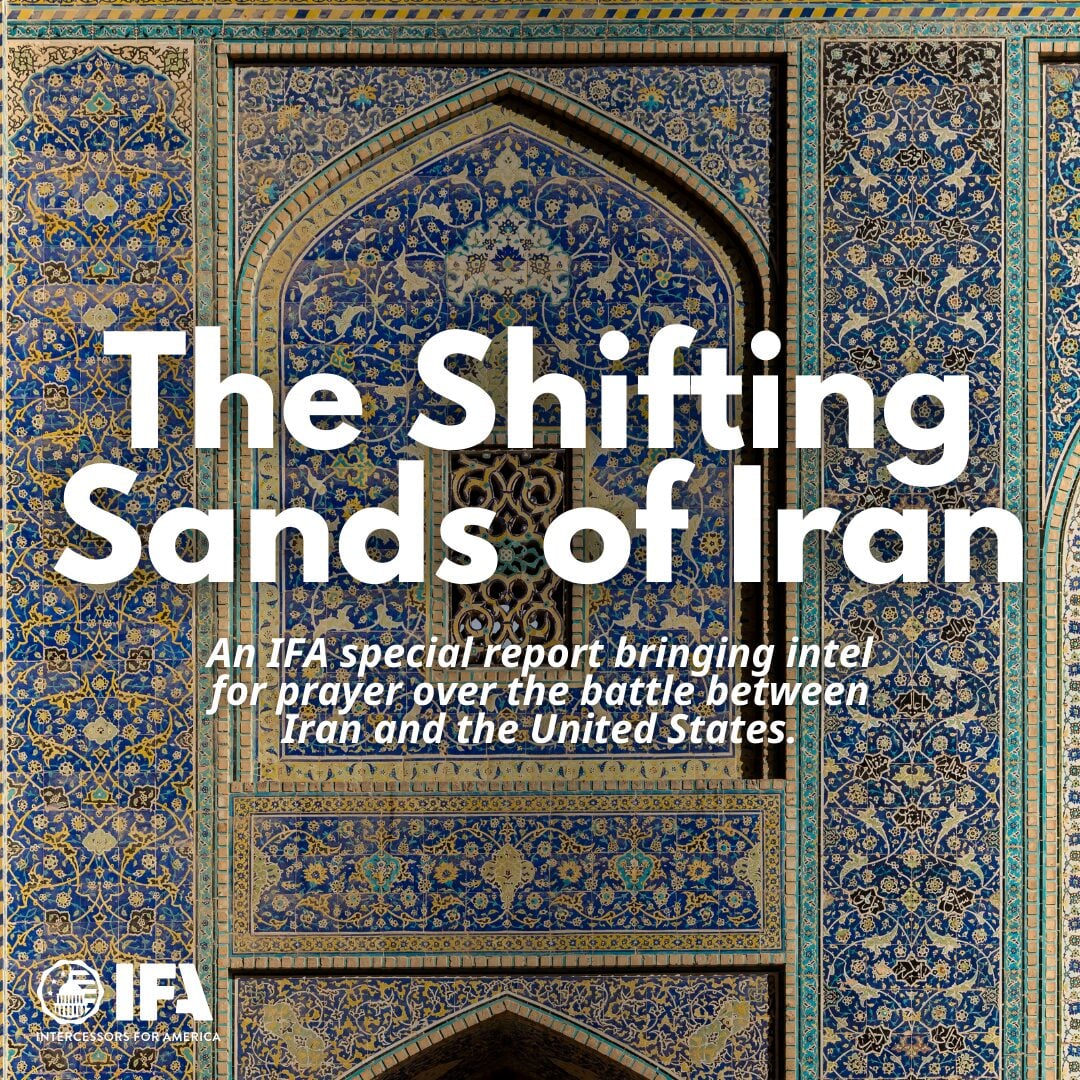UNDERSTANDING TURKEY’S HIGH STAKES F-35 TRAIN WRECK
UNDERSTANDING TURKEY’S HIGH STAKES F-35 TRAIN WRECK
Turkey is engaged in the one its most high stakes diplomatic standoffs in recent memory, as it risks its part in the F-35 program amid an emerging alliance with Russia. Turkey’s Foreign Ministry criticized a US House of Representatives resolution on Tuesday, angered that Congress is concerned about the US-Turkey alliance.
But it is Turkey that decided in 2017 to purchase Russia’s S-400 air defense system. Today Turkish media portrays that decision as Ankara’s desire to get a state-of-the-art system when the US wouldn’t sell it the Patriot missile system. In December 2018, the US approved the Patriot sale.
But the real story of Turkey’s brinkmanship is more complex. Turkey and the US have been close allies since the late 1940s. In 1952, Turkey joined NATO, and became part of the Baghdad Pact in 1955 in the context of the Cold War. A US Air Base at Incirlik in south central Anatolia was built in the 1950s, and US Jupiter missiles were stationed in Turkey in 1961.
From Ankara’s point of view, Washington put much of this at risk through increasingly hostile acts in both Iraq in the 1990s and 2000s, and in Syria after 2011. Turkey was particularly angered by the US support for the People’s Protection Units (YPG), later the Syrian Democratic Forces, the main US partner in eastern Syria that has been fighting ISIS. Turkey sees the YPG as part of the Kurdistan Workers Party (PKK) and as a terrorist group.
Tensions grew worse after 2015 when the Turkey-PKK ceasefire broke down and Turkey launched increasingly larger operations against the PKK, first inside Turkey, then increasingly in northern Iraq, and then operating in Afrin in northwestern Syria where hundreds of thousands of mostly-Kurdish civilians fled a Turkish offensive in January 2018.
The whole Turkish experiment in moving its forces into northern Syria has been partly to support Syrian rebels, but largely to check the power of the SDF and YPG. Operation Euphrates Shield near Jarabulus and Manbij was designed to stop the SDF moving further west of the Euphrates in the fall of 2016….
Turkey, Iran and Russia began to discuss Syrian ceasefires at Astana, Kazakhstan, in January 2017, and these talks were fruitful, showing Turkey that it could rely on Russia and Iran. Turkey had every reason to be opposed to Russia, since Russia was backing the Syrian regime that Ankara had called a terrorist regime in December 2017.
In 2015, Turkey downed a Russian plane and a Turkish off-duty police officer assassinated the Russian ambassador in December 2016. It is testament to how much Turkey and Russia wanted to work together that they moved beyond this. They signed a gas pipeline deal in the fall of 2016, and Erdogan and Putin began discussing policy more frequently. That is why Turkey agreed to acquire the S-400 in 2017. Russia acquiesced to Turkey’s increasing operations in Turkey, keeping the Syrian regime from opposing them in the air.
The US tapped former ambassador to Turkey James Jeffrey to be Special Representative for Syria Engagement in the fall of 2018, and to replace McGurk as anti-ISIS envoy in January. Jeffrey was supposed to smooth relations with Ankara and find a way to forge a safe zone on the Syria-Turkey border. Turkey believed its high stakes negotiation strategy would work. It had previously made a deal with the Trump administration over a detained US pastor, and the US had reportedly pressured Israel in July to release a Turkish activist. The US slapped huge bounties on the heads of the PKK to make Ankara happy…. (Excerpted from The Jerusalem Post article by Seth Frantzman)
Partner with Us
Intercessors for America is the trusted resource for millions of people across the United States committed to praying for our nation. If you have benefited from IFA's resources and community, please consider joining us as a monthly support partner. As a 501(c)3 organization, it's through your support that all this possible.


We use cookies to ensure that we give you the best experience on our website. If you continue to use this site we will assume that you are happy with it. Privacy Policy




Comments
Stop the training and pull the birds from Ankara. They are either in Nato or not.